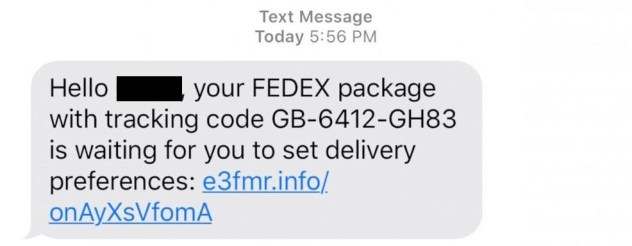Scam tries to extort medical professionals
By Greg Collier
Scammers still haven’t gotten tired of COVID-19 related scams yet. However, instead of targeting the general public, some scammers have decided to go after medical professionals in the scammer’s quest for ill-gotten gain.
This scam is similar to the Social Security scam where the scammers claim that your Social Security number has been suspended due to some fictitious crime that your number was supposedly attached to.
In this scam, scammers are contacting nurses, physicians and pharmacists posing as the state of New York to tell the victims that their licenses have been suspended. However, a substantial payment just happens to be able to revers the suspension and can avoid the licensee any future fines.
It’s not lost on us that these scammers are going after frontline workers in a state that has one of the highest concentration of COVID-19 patients. This is an example of a couple of scammer tactics. One is to try to pressure and already overworked system and the other is to take advantage of any crisis no matter how horrible.
In this instance, the scammers are flooding their victims with mounds of official-looking paperwork that appear to be from such agencies as the state, the U.S. Department of Justice, the FBI, Trans Union and the New York state Office of Professions. The problem with this paperwork is that it can look legitimate since they contain information like the professional’s National Provider Identifier.
In the long run, scammers may not be after money but instead after the personal information of medical professionals as most of the forms ask for Social Security numbers and the like.
It is recommended that anyone receiving one of these calls or messages to ignore it and report it to the FBI if you’ve lost money, or the FTC and local police if you haven’t.













Leave a Reply